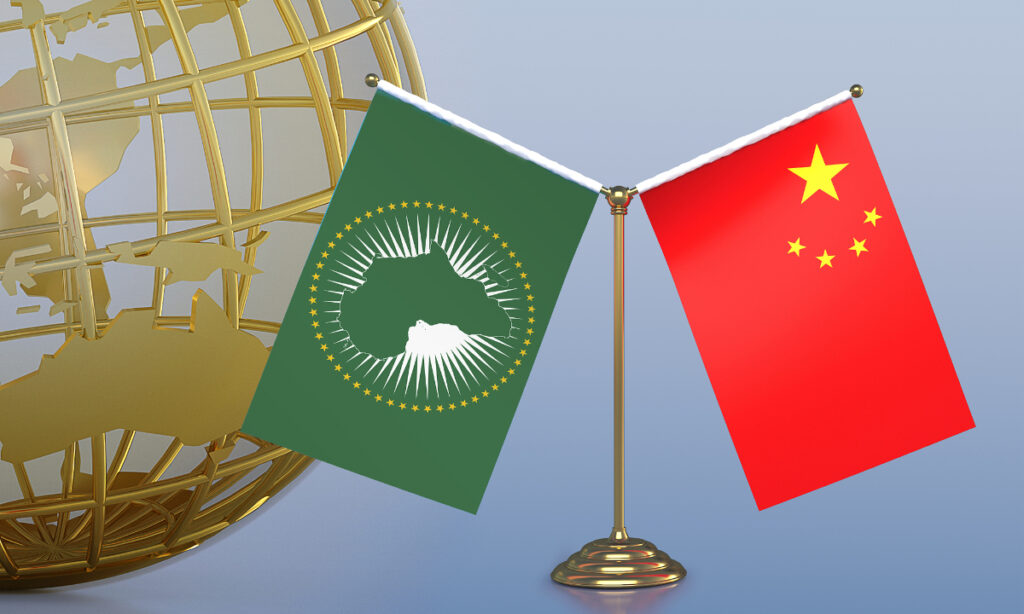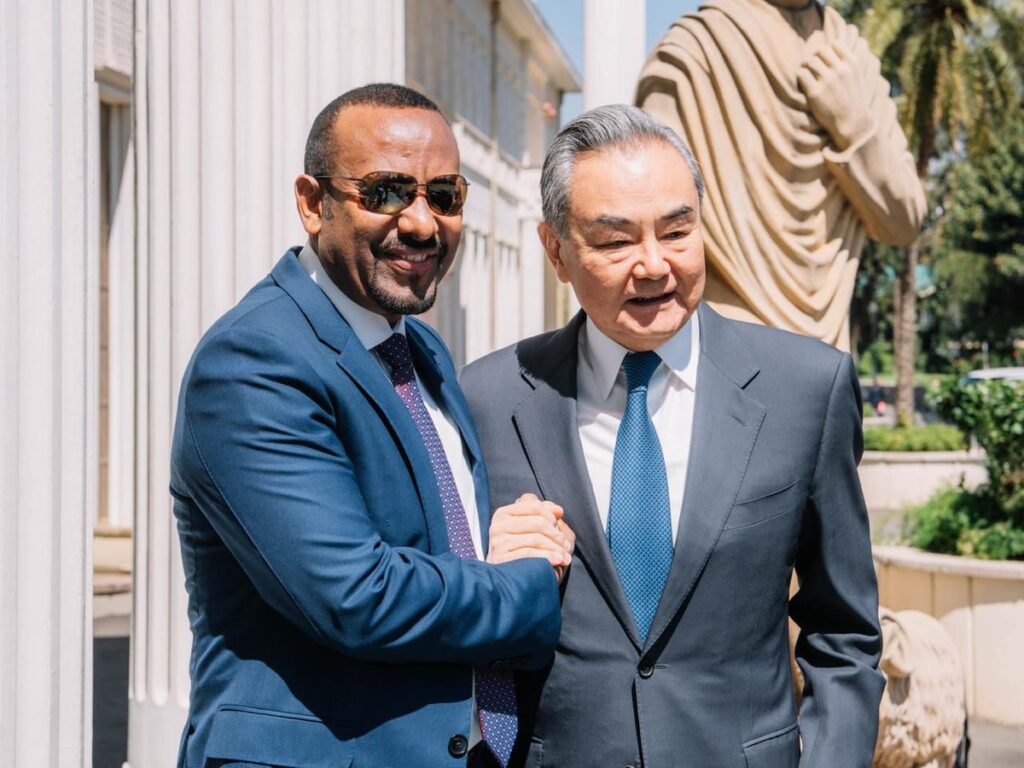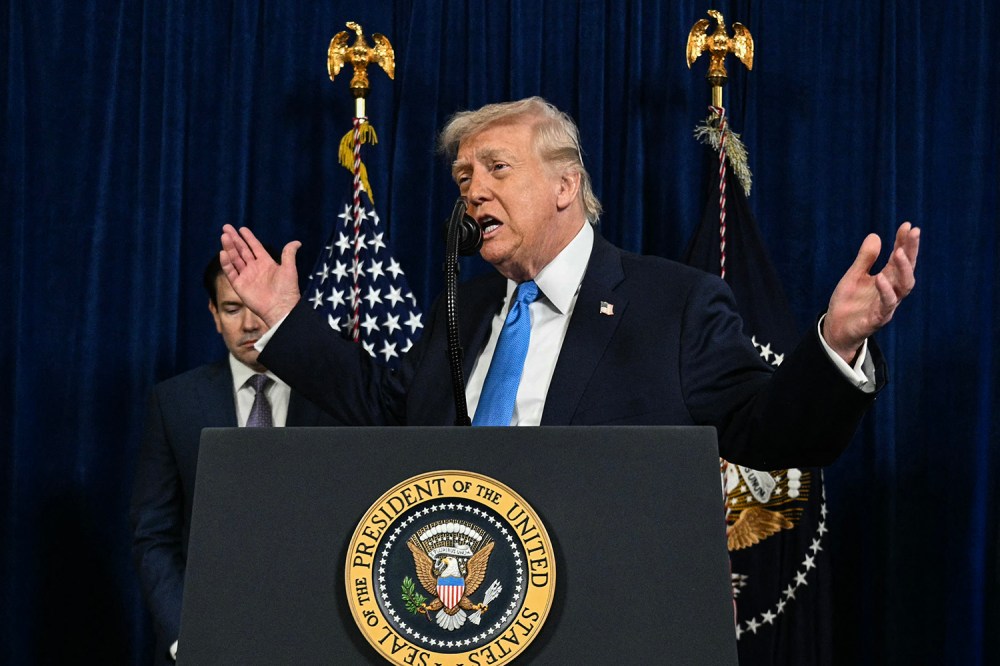
The Kremlin firmly ruled out returning annexed Ukrainian regions in any peace deal, marking a critical stance as US-Russian talks continued.
High-level discussions in Istanbul saw American and Russian officials seek a diplomatic reset after strained ties, with both sides avoiding public remarks.
US President Donald Trump, advocating swift conflict resolution, engaged with Russian President Vladimir Putin, signaling a stark shift in US foreign policy.
Putin acknowledged “some hope” from early US contacts, but Kremlin spokesman Dmitry Peskov declared Russian control over annexed territories irreversible.
“The territories inscribed in our constitution are an inseparable part of Russia,” Peskov stated, reinforcing Moscow’s unwavering stance on occupied regions.
Russia annexed Crimea in 2014 and later declared control over Donetsk, Lugansk, Zaporizhzhia, and Kherson, though full territorial dominance remains unachieved.
Ukraine and global powers reject the annexations as illegal, with Kyiv reaffirming its internationally recognized borders and dismissing Russia’s claims as “laughable.”
Ukrainian forces struggle to reclaim lost ground but hint at potential diplomatic solutions, while Moscow rejects any discussion of territorial exchanges.
Trump’s administration signals a pragmatic approach, with Kyiv seeking military aid and rare mineral agreements amid concerns over US security commitments.
Ukrainian President Volodymyr Zelensky plans to meet Trump, hoping for solid assurances while European leaders urge firm backing against Russian aggression.
Meanwhile, British Prime Minister Keir Starmer and French President Emmanuel Macron push for a ceasefire guarantee to prevent further Russian offensives.
As Russian forces advance in eastern Ukraine, seizing new territory near Kursk, the war’s next chapter hinges on fragile diplomacy and shifting alliances.




